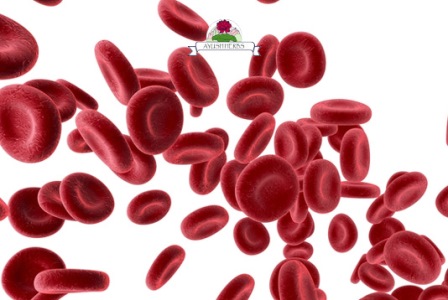In the US, there seems to be an increased incidence of premenopausal breast cancer. Traditionally, HRT has been blamed as a causative factor and also genetics with BRAC 1 and 2. However, these premenopausal patients are not on HRT and many are negative for BRAC genes.
Dr Tara Scott hypothesizes there are other single-nucleotide pleomorphisms (SNPs) which put a patient at increased risk of breast cancer, namely MTHFR 677, MTHFR 1298, and COMT. MTHFR and COMT genes are involved in methylation processes in the body. This process is a large component of Phase 2 detoxification, especially for estrogen.
Dr Scott’s theory is that patients with SNPs in MTHFR and COMT have an impaired ability to get rid of estrogens and thus have an accumulation or back up of Estrone or the toxic metabolite 4-OH Estrone which can increase the risk of breast cancer. As a result, there is an imbalance in the hormones which causes hyperplasia (estrogens), regulation, and apoptosis (progesterone) in the breast.
In this webinar, Dr Scott will:
- Review Estrogen detoxification and discuss epigenetic modulation of the enzymes involved
- Discuss genomics and methylation
- Demonstrate which SNPs are possibly involved with breast cancer risk
- Provide a literature search on articles already published about methylation and breast cancer risk
- Present 2 case studies, utilizing DUTCH Test® results. where identifying methylation defects and epigenetic modulation was effective at decreasing harmful 4 OH estrone metabolites











































